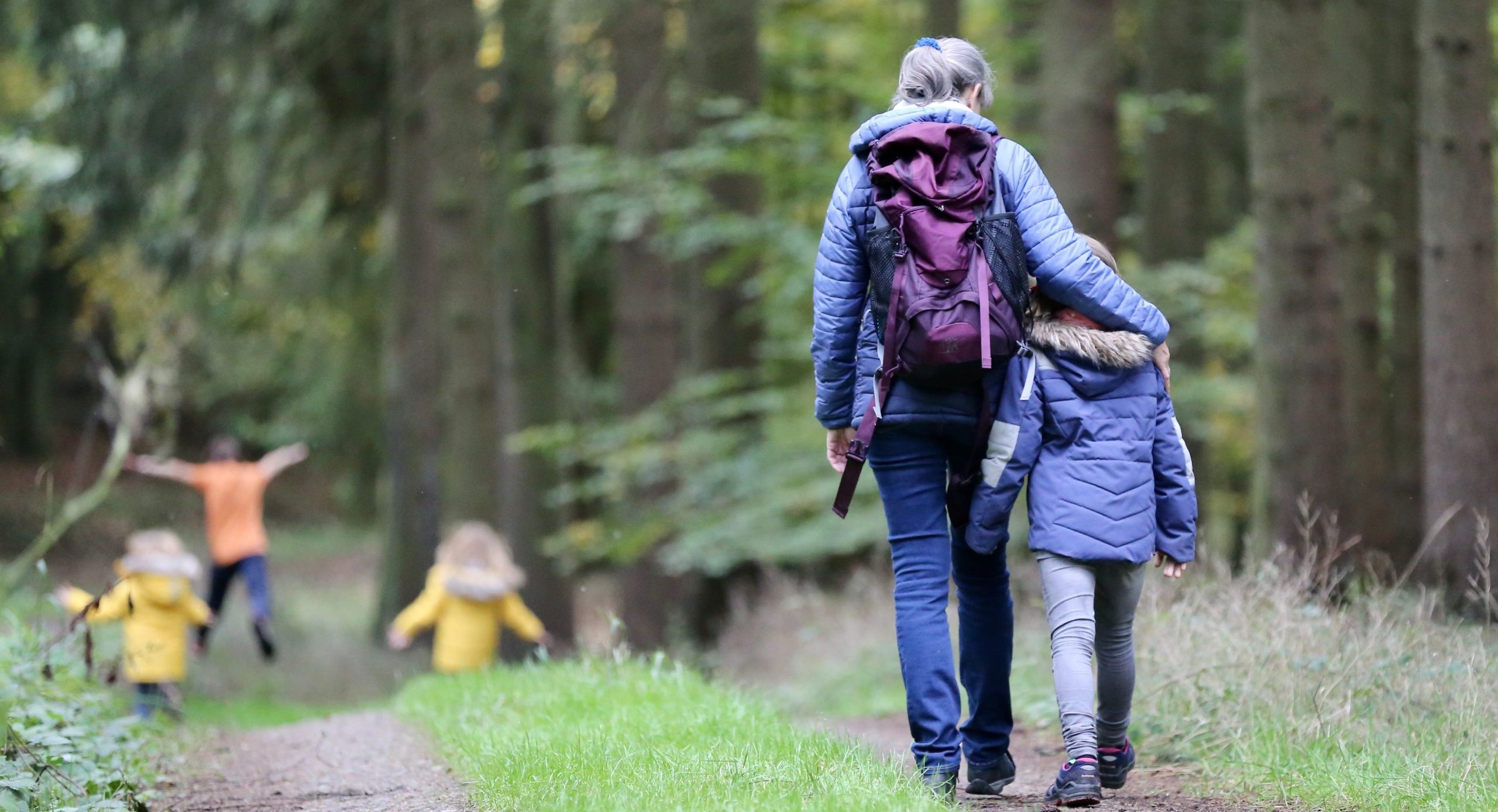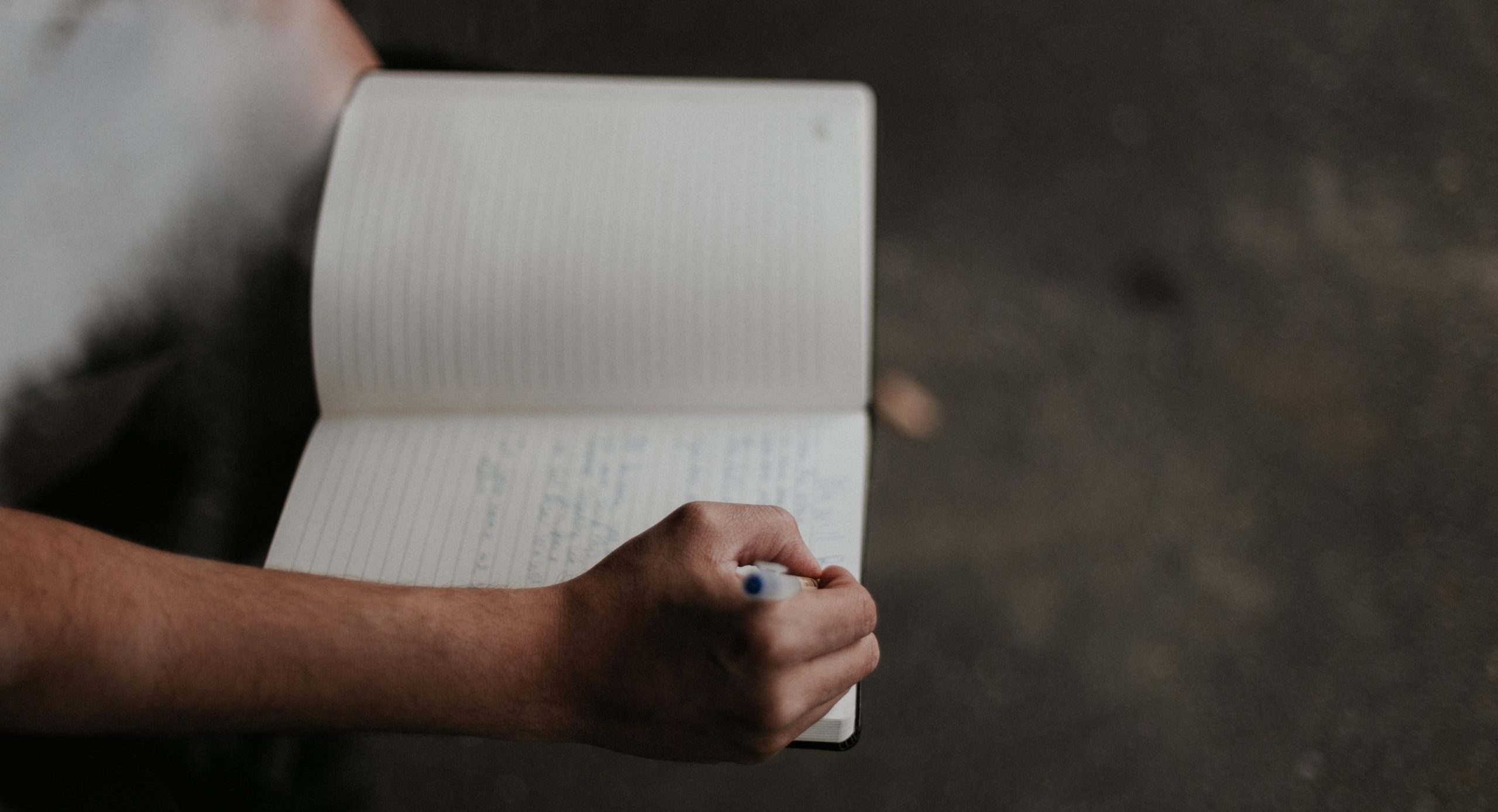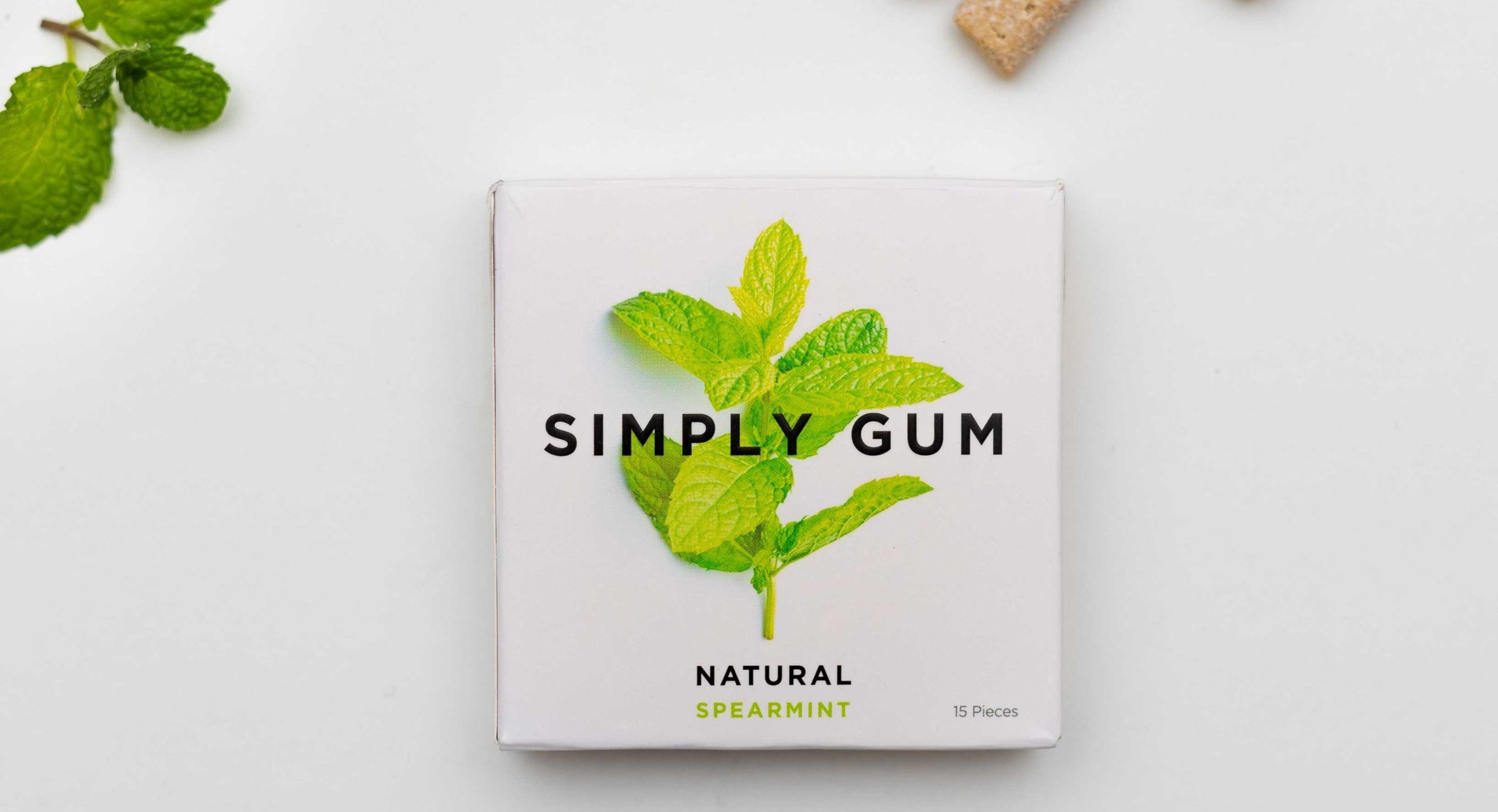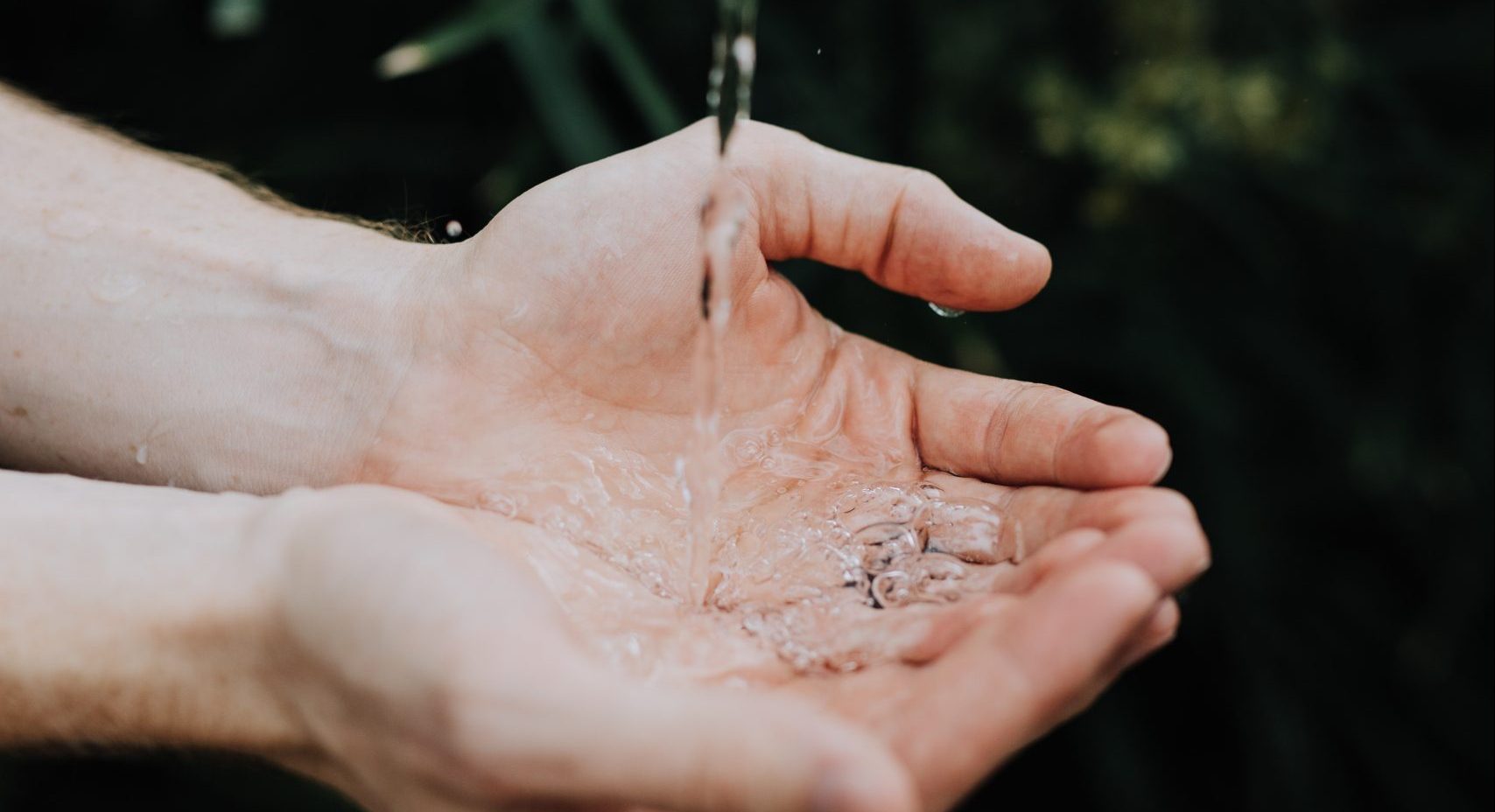Take a walk

Walking is basically a magic bullet as far as relaxation is concerned. Not only does the gentle exercise relax your body by triggering a release of endorphins, but walking amongst trees or grass can even lower your levels of the stress hormone cortisol. Even better, walking with a friend can alleviate stress by giving you a chance to talk out your worries!
Practise belly breathing

You might think that the way you breathe has little impact on your health and stress levels, but that would be incorrect. Belly breathing, where you focus on breathing deeply and slowly to “inflate” your diaphragm, encourages a calm mental state, increases the amount of oxygen in your blood and dissipates any tension being held in the body. All of this cumulatively has an “instant relaxation” effect.
Write out the stress

If your mind ever feels so cluttered, crowded and disorganised that you are sure calming down is impossible, then there is one trick that may bring you some peace: writing. Whether it’s a ten-minute free write brain dump, a to-do list, or a diary entry in which you outline your fears, putting pen to paper is an excellent strategy for achieving clarity.
Drink a glass of water

Everyone knows the importance of drinking water to physical health, but it turns out there are significant stress-related benefits too. Dehydration can make you feel mentally clouded, anxious, dizzy and fatigued, all states drinking a glass of water can alleviate, but the act of drinking also encourages you to slow down, pause, and reconnect with your body.
Do a body scan

Body scanning is a meditation technique in which you close your eyes and focus on any sensations present in your body, beginning with the top of your head and moving down until you reach the tips of your toes. This strategy can help you notice any tense muscles, spots of physical discomfort or shallow breathing, all of which you can then correct to feel more relaxed.
Chew peppermint gum

Chewing gum might seem like a pretty useless habit, but it can actually have significant mental benefits. Chewing a flavour of gum that’s associated with mental clarity, like peppermint, or a flavour that you associate with happy memories, can trick the brain into releasing stress-relieving chemicals. So get chewing… politely, of course!
Squeeze your muscles

Tense muscles are something that most people associate with stress and unhappiness, so it may seem counterintuitive to squeeze your muscles on purpose in order to relax. With that said, repeatedly tensing different muscle groups for a few seconds before releasing them actually tricks your nervous system into thinking that you have engaged and successfully bested a threat, thus triggering a full-body feeling of relaxation.
Use the power of scents

Scents are an incredibly powerful tool, because the olfactory sense is the one with the closest ties to memory and emotion. Thanks to this link, smelling relaxing scents like lavender and bergamot, or uplifting ones like citrus and lemongrass, can immediately boost feelings of tranquillity, motivation or security. So next time you’re feeling overwhelmed, light a candle or go stand in the garden!
Pet an animal

Everybody knows that very few things are as instantly relaxing as having a cat fall asleep on your lap, or better at cheering you up than a puppy leaping into your arms. However, what you might not know is that science reaffirms this phenomenon, as studies have shown that hanging out with a pet leads to an immediate reduction in blood pressure and cortisol levels!
Try hydrotherapy

Water is something that humans have hailed as healing for thousands of years, and with good reason. Running cold water across your wrists allows the brain to quickly eliminate feelings of anxiety or panic, and a hot bath can instantly boost feelings of calm, relaxation and security. Plus, regular ice baths or cold showers can lower both blood pressure and cortisol levels over time!